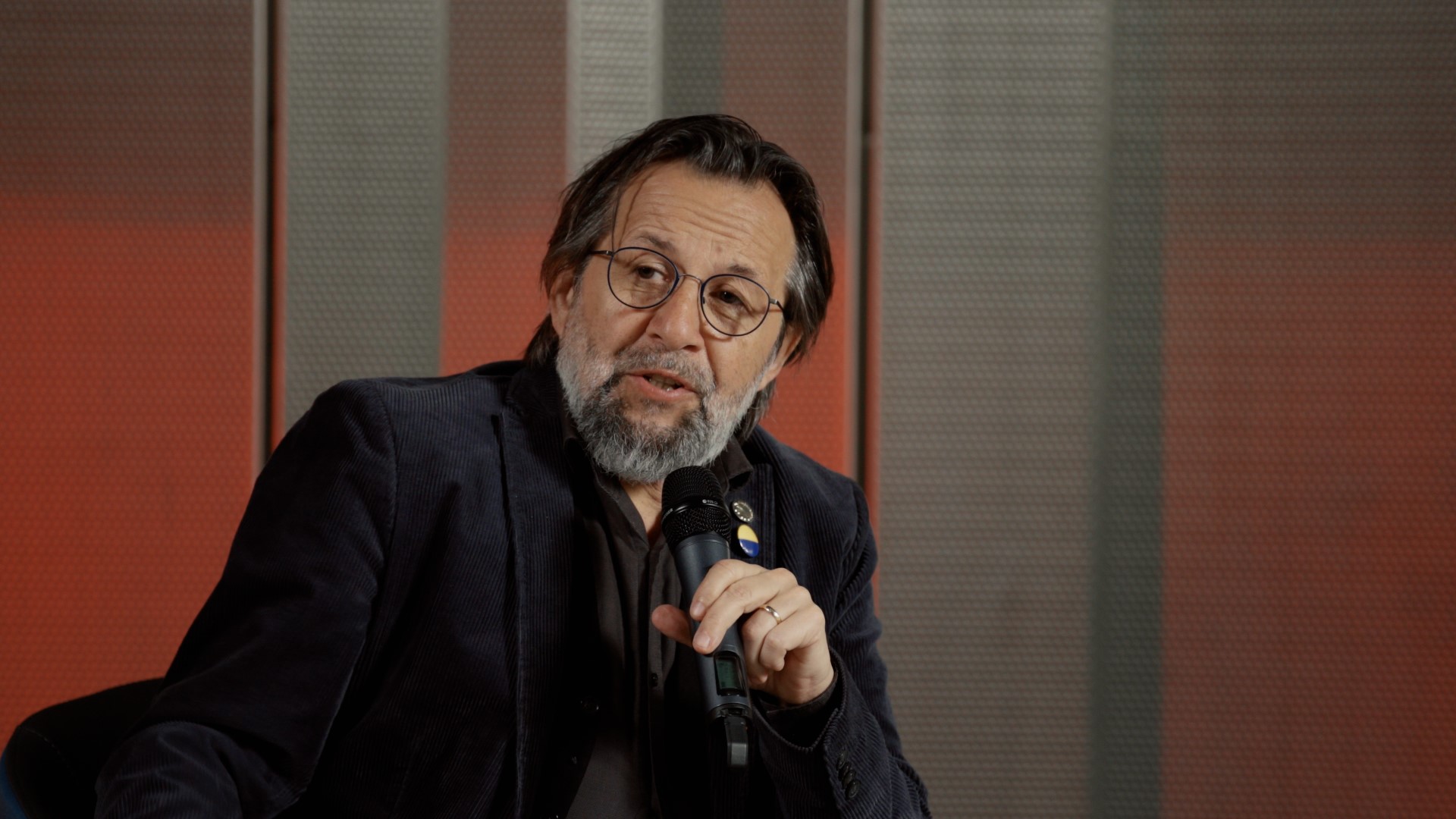All episodes: HERE
The program’s ambition is to create near the museum a facility of reflection related to the borderland’s experiences. Its task will be announcing the mission and subject of the museum — created among the objects and collections — into the area of humanistic reflection related to topics such as history, theology, philosophy, anthropology or culture. The facility will be an experiment forcing the trials for the future thinking about the culture of remembrance.
Establishing such an institution would bear the marks of an experiment, unique in the scale of not only polish museology or even wider cultural institution forging the paths for the future thinking about the culture of remembrance and the art of cultivating the spiritual heritage. The success of a workshop conceived in this way will be based on its integral symbiosis with other areas of the museum’s work, mutual inspiration and creation of joint ventures like: e.g. exhibition, publishing or education.

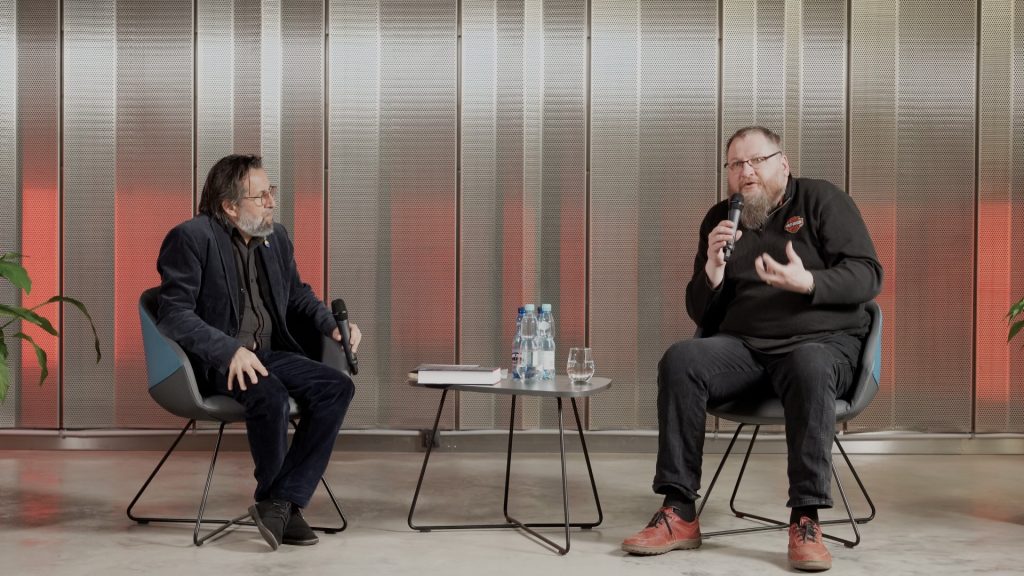
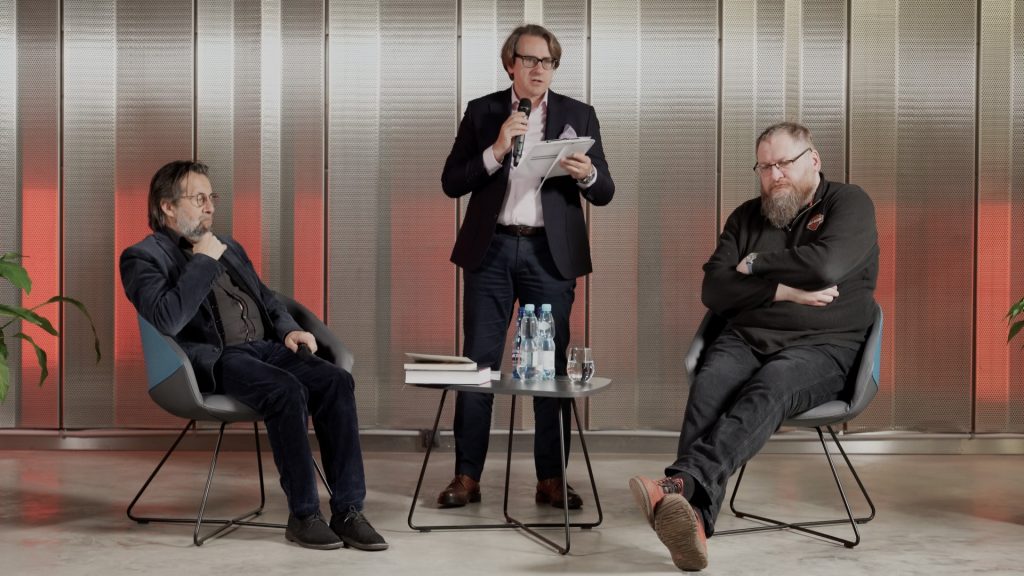
WHY IS THE FACILITY OF HUMANISTIC REFLECTION IN THE SYBIR MEMORIAL MUSEUM?
Firstly, the museum. As it was previously mentioned, it is about the connection of the collection, scientific and educational work with implications that can appear relating to the condition of a human being, wisdom accumulated by historical experiences, moral dilemmas and challenges that the inheritors of the tradition are ahead of today. Stream of knowledge and creation of new mass media is needed, stream in both directions, stream between science and philosophy, history and culture, the object of remembrance and the art of remembering.
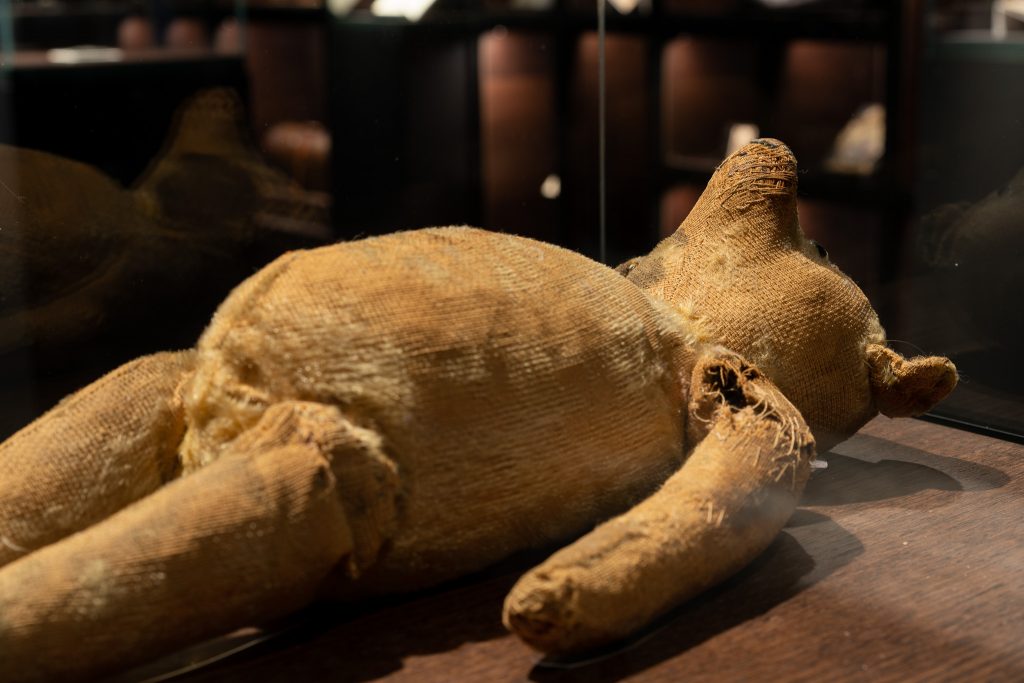
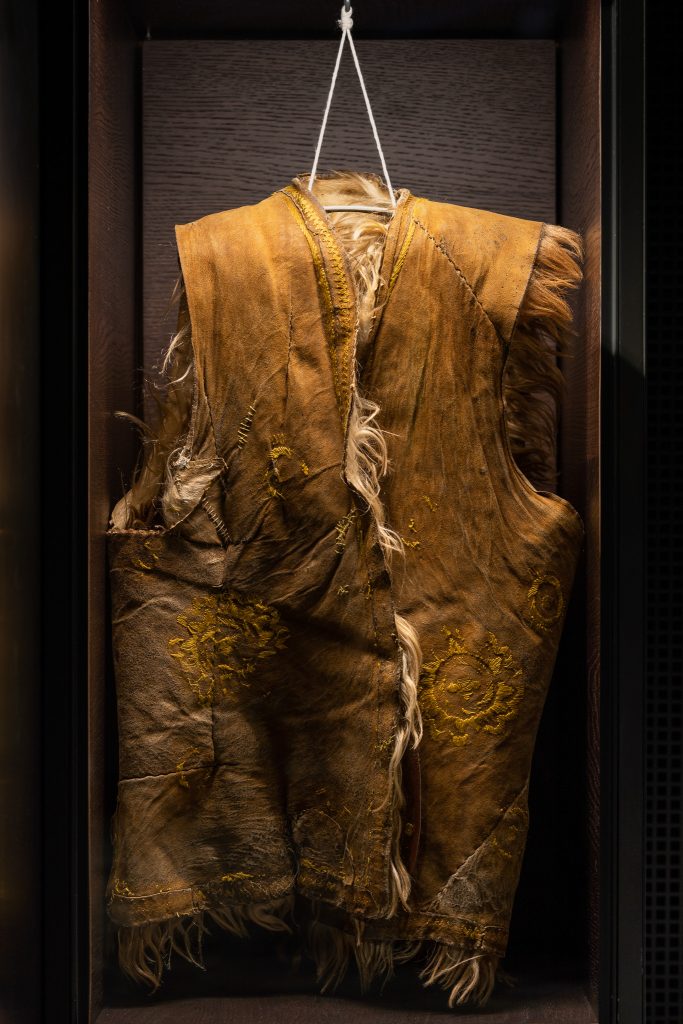
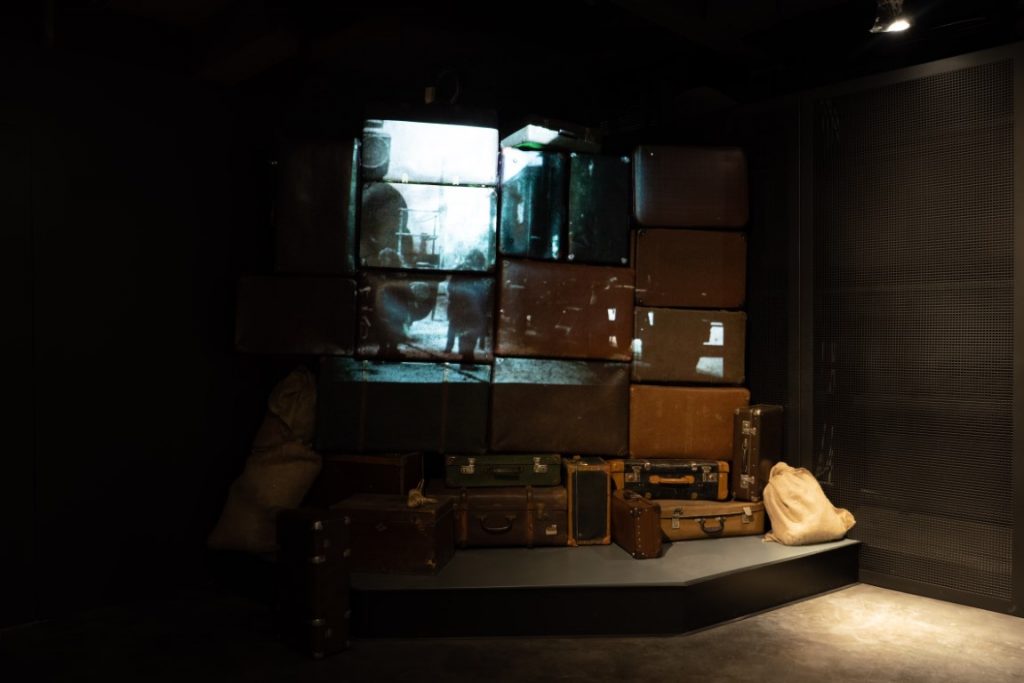
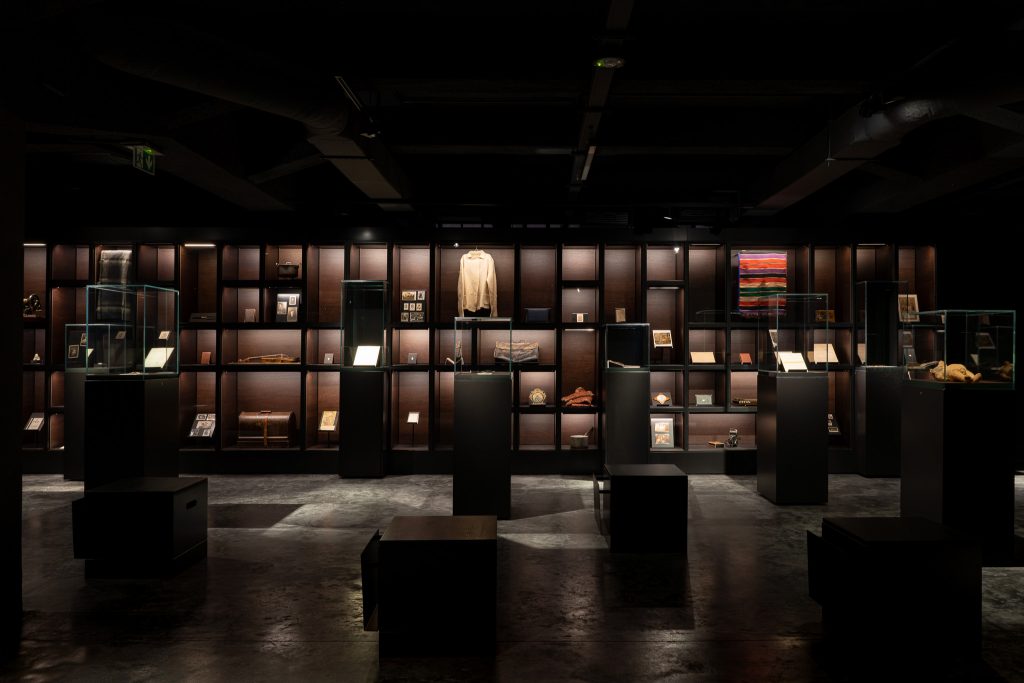

Secondly, remembrance. The challenge that modern museums face and after all, local authorities which found it, nations and cultures, relates mainly to the art of remembrance. Remembrance has a way, that it can be commonly creative, healing, as well as, destructive, morbid, ossified and paralyzing common maturation. We’re talking about the art of remembrance. In creation of this artistic humanistic reflection is necessary building for her the fundament of worth and the courage of imagination, open to innovation, new forms of and most of all constructing the, which will be able to get in a dialogue with the future with the quickly changing reality of young generations. Thirdly, Sybir. Through the concept of the mission and program, exhibition and publications, the museum’s team has done a lot to get the universal aspect of experience and the remembrance of Sybir out. It is obvious to get the museum’s story rooted in particular fates of people and nations in the historical and political contexts.
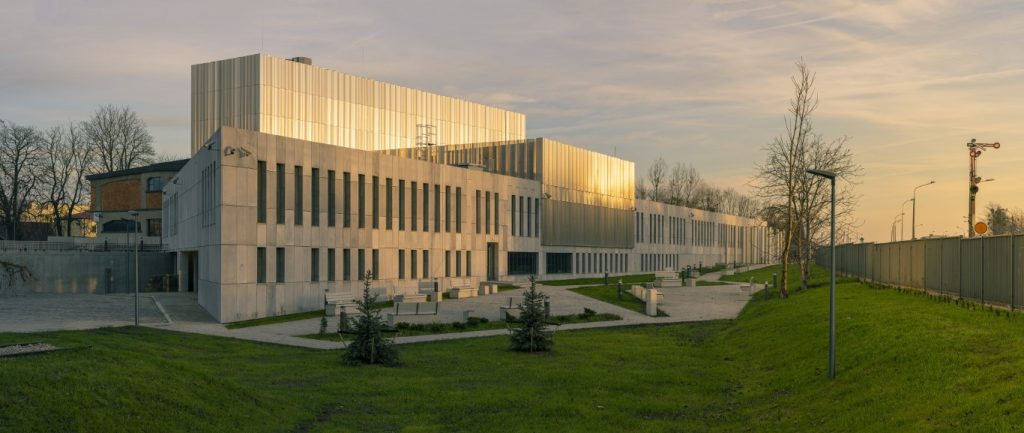
The need of compensation for the memory of the victims and their inheritors is absolutely understandable and necessary. At the same time, Sybir crosses geographical and time borders, opens us up to the truth about ecce homo, to the spiritual dimension of human existence, to the timeless solidarity in suffering and humanity with others. Sybiraks themselves experienced that, victims of the Gulag and other labor camps and penal colonies. Those, who survived death camps give their testimony about the knowledge about ‘live and fates’ — to refer to the title of Vasily Grossman’s arch-novels — going far beyond individual experience and attributed to dates from history textbooks. The studio of humanistic reflection will certainly strengthen and enrich the museum’s aspiration to extract universal aspects from Siberia, to develop dialogue and cooperation with other institutions and communities with similar ambitions in the world.
WHY THE FACILITY OF BORDERLAND EXPERIENCES?
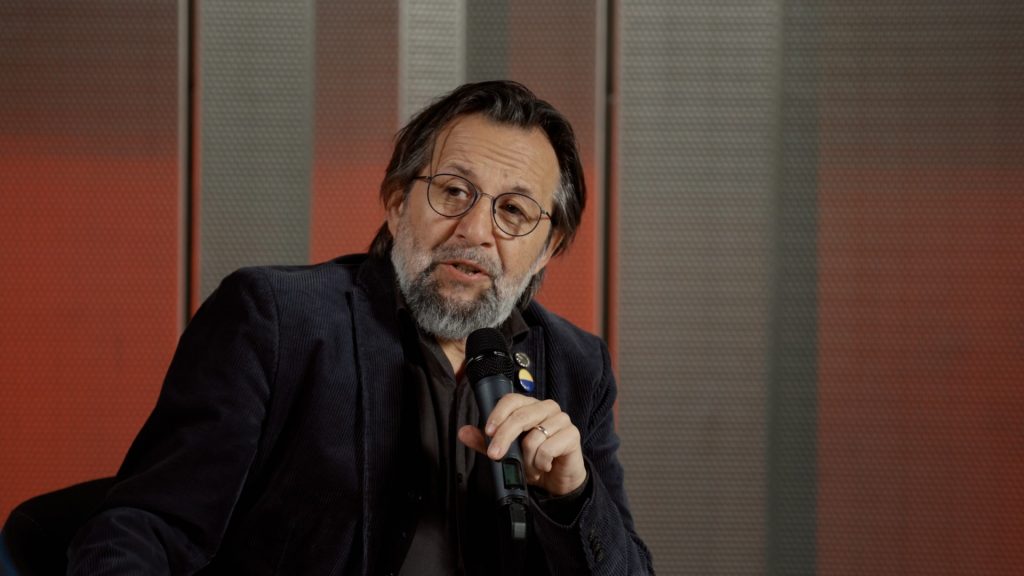
Where Siberia in the deepest sense becomes universal, transcending the limitations and assignments of time and place; where the space of the most essential interpersonal encounter opens up in the face of the ultimate — this is where the boundary experience is located. By this concept we understand the human situation brought to the extreme — both in the sense of moral choices stretched between life and death, extreme good and extreme evil, as well as in the sense of the living situation, on the verge of physical survival and mental endurance; as well as in an extremely oppressive, inhuman political and ideological system. The essence of the boundary experience is hidden in the fact that — although it refers to extreme conditions, so I would like to say that in everyday life, alien to the so-called normal life — it reveals the truth about man and life in general with great credibility, and not only in an extreme situation. The borderline experience confronts man with what is inside of him, what is hidden under the surface of collective life, political systems and ideology, and what can materialize at any moment in reality — not the one from the pages of history, but the one that is ahead of us. Therefore, borderline experiences, understanding them — and when it is not possible, then even compassionate contact with them — not only bear witness to the tragedies of the past, but also prepare us to face the challenges of the future.
WHY SIBERIAN SPIRIT?
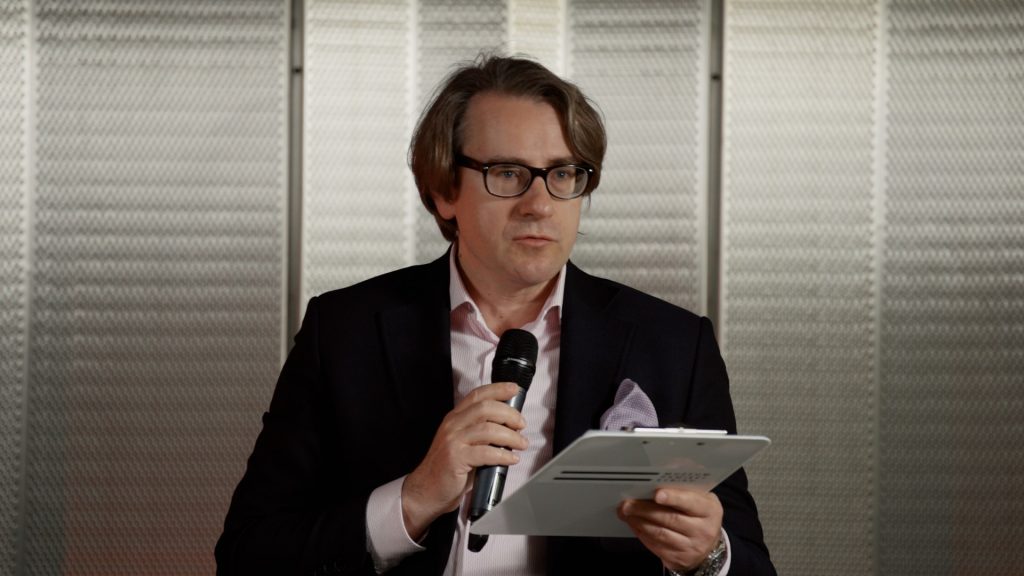
Sybir, besides the criminal inhumanity and exploitation of the innocent, was supposed to be part of the system creating the new, soviet world. It was supposed to kill, but at the same time create a new human. The fact it never happened — despite a number of victims and as it would seem, the almighty power of the authority — the system collapsed and a human being survived — shows the existence of other power, devoted to other laws. Sybir had its spirit, which seems to be still alive and fascinate people willing to explore her secret. It is composed of small and great heroic acts made beyond strength very often faced with transcendence, often in conflict with undecidable moral acts and tragic choices, often on the border of madness and the loss of faith in God, human and any rationality of the world. Siberian Spirit knows the depth of hell and dark secrets of human nature and maybe that’s why Siberian Spirit knows the bottom of hell and the dark secrets of human nature, and perhaps that is why holy for her is the ethical code that is constantly read anew, living in it in the form of an often difficult to grasp, far from pathos and cheap moralizing — a moral compass, without which man dies in darkness.



